DNVN - After 3 years of planting, tissue-cultured wax coconut trees grow well, adapting to the climate and soil conditions in Tra Vinh province, producing wax fruits with thick flesh and good quality.
Supply the market with 5,000 embryonic coconut trees each year
Wax coconut is a specialty fruit of Tra Vinh province, bringing high economic value and creating a brand for Tra Vinh province. Wax coconut has the characteristics of thick flesh, higher oil content, higher nutritional content than normal coconut and has a characteristic aroma.
Propagating wax coconut by embryo culture method.
MSc. Nguyen Ngoc Trai - Acting Director of the Center for Applied Biology, Faculty of Agriculture and Aquaculture, Tra Vinh University said that due to the genetic characteristics of this type of coconut, wax coconuts cannot germinate in natural conditions, so planting seedlings using traditional propagation methods from non-wax coconuts gives a maximum rate of wax coconuts in the stall of only 25%.
To overcome this problem, in recent years, scientists from Tra Vinh University (TVU) have continuously researched to perfect the process of cultivating wax coconut embryos with a wax fruit/bark ratio of 85% or more. The school's embryo propagation process has been registered for intellectual property with a success rate of 63% (100 embryos produce 63 trees). The school has commercialized the seedlings since 2011 and received positive feedback from customers. Statistics show that every year, about 5,000 embryo-cultured wax coconut seedlings are transferred to the community by the school. The embryo-cultured wax coconut planting model is applied by farmers for high economic efficiency.
Mr. Nguyen Van Su - Chairman of the Board of Directors of Hoa Tan Wax Coconut Cooperative in Cau Ke District, Tra Vinh Province shared that wax coconut trees also have a fruiting cycle like normal coconuts, each month will harvest 1 stall. Currently, the price of wax coconut type I is 100,000 VND/fruit, type II is 60,000 VND/fruit. The economic efficiency of traditional wax coconut is about 100 million VND/ha. For embryo-cultured coconut, the efficiency can increase by 10-20 compared to traditional wax coconut.
Wax coconut not only has high economic value but also creates a brand for Tra Vinh province.
“Currently, traders buy wax coconuts based on quality, not distinguishing between traditional coconuts and embryo coconuts. Embryo-cultured wax coconuts are highly profitable, so members of the cooperative have gradually switched to growing this type of coconut. People cut down ineffective coconut trees such as those with small fruits or old ones, and replace them with embryo coconut trees. For example, my family invested 24 million VND to buy 30 embryo coconut trees to plant in their garden,” said Mr. Su.
Tissue culture to reduce seedling costs
According to Mr. Su, the current price of embryonated wax coconut seedlings is too high, ranging from 800,000 VND to 1.2 million VND/tree, depending on the place of production. This prolongs the time to renovate wax coconut gardens towards specialized cultivation of embryonated wax coconut. In particular, the price of embryonated wax coconut seedlings of TVU ranges from 700,000 VND to 800,000 VND/tree depending on the quantity ordered. Therefore, it is very necessary to research new methods to create high-quality, low-cost wax coconut seedlings suitable for the needs of the majority of people.
In addition to the achievements in the field of embryo culture, TVU has been approved by the Ministry of Agriculture and Rural Development (MARD) and funded to implement the key ministerial-level project "Research on coconut propagation using cell tissue culture technology and intensive coconut cultivation techniques for tissue cultured seedlings" with a budget of 10.5 billion VND, implementation period from 2017 to 2022 (phase 1). Compared to the embryo culture method, wax coconut tissue culture is a very difficult process to perform. However, the seedlings created from the tissue culture method will be more genetically uniform and retain the good characteristics of the parent tree.
MSc. Nguyen Ngoc Trai informed that scientists from the Faculty of Agriculture - Aquaculture, TVU have coordinated with the research group of the National Key Laboratory of Plant Cell Tissue Culture (Institute of Agricultural Genetics) to carry out the above project with the goal of researching the application of plant cell tissue culture technology to create tissue cultured wax coconut seedlings through the formation of asexual embryos.
Wax coconut has thick flesh and a distinctive aroma.
After 5 years of dedicated research, scientists have selected suitable materials and environments to create callus, differentiate asexual embryos and regenerate plantlets.
At the same time, the process of planting and caring for in vitro asexual coconut trees in the greenhouse/nursery was established. The project created 300 in vitro wax coconut seedlings and 200 tissue-cultured wax coconut trees in the nursery. This is a great success, the first research conducted in Vietnam on coconut tissue culture in general, wax coconut in particular, and has been highly appreciated by experts of the Acceptance Council of the Ministry of Agriculture and Rural Development, who agreed to accept the project as well as proposed that the project continue to implement phase 2 to complete the process and evaluate the adaptation of tissue-cultured wax coconut trees in Tra Vinh as well as the quality of wax fruit.
Tissue-cultured wax coconut trees have been tested at the Experimental Cultivation Area, Tra Vinh University. After 3 years of planting, tissue-cultured wax coconut trees were evaluated to grow well, adapt to the climate and soil conditions in Tra Vinh province and produce wax fruits with thick flesh and good quality.
The application of plant tissue culture to produce coconut varieties is an urgent need that many scientists at home and abroad are carrying out. However, currently, coconut trees in general and wax coconut trees in particular created by tissue culture methods have not been commercialized. TVU is one of the pioneers in researching wax coconut breeding, with the success in phase 1 creating a great motivation for scientists at the school to continue their research.
MSc. Nguyen Ngoc Trai also added that the multiplication coefficient of this method on wax coconut in phase 1 is still low, the highest reaching only 30. In order for the research results to be put into practical production, it is necessary to continue to carry out research in phase 2 to perfect the process, increase the multiplication coefficient to 50 (1 initial sample can create 50 wax coconut seedlings), create high-quality seedlings, genetically uniform and deploy the production of tissue-cultured wax coconut seedlings on an industrial scale. From there, the cost of seedlings can be reduced to less than 100,000 VND/tree, helping many people to access this source of seedlings and making wax coconut of Tra Vinh province a commodity that can be exported in large quantities in the near future.
Thuy Ai
Source: https://doanhnghiepvn.vn/cong-nghe/cay-dua-sap-cay-mo-dau-tien-cho-ra-trai/20240921050116844


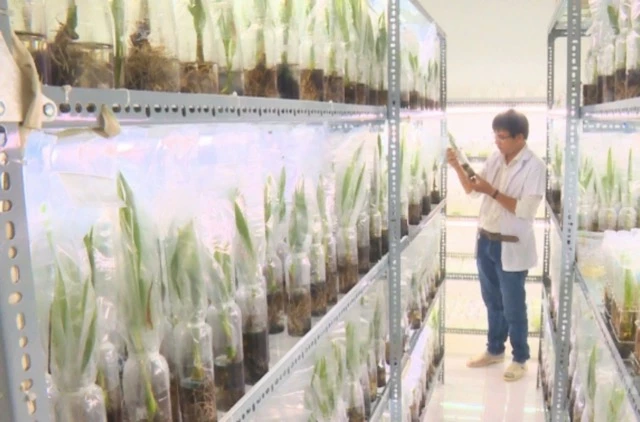
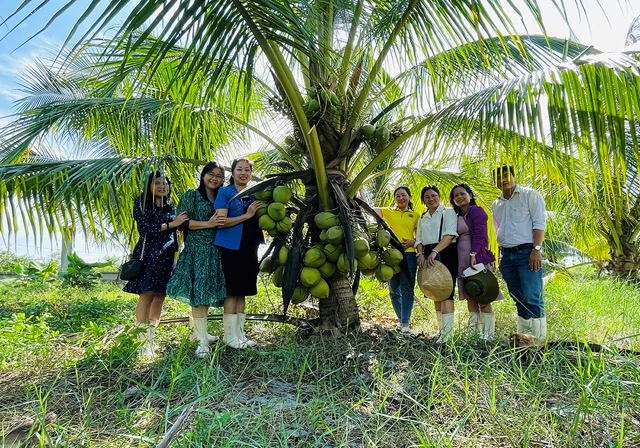
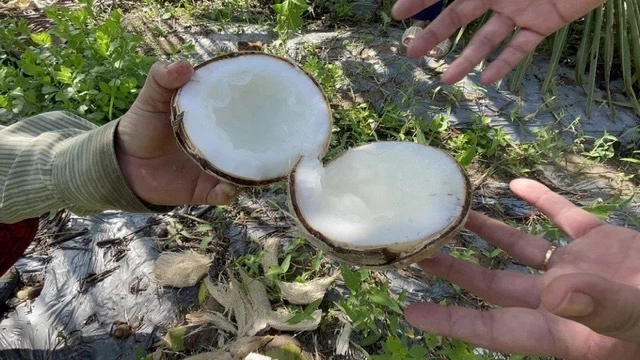
![[Photo] General Secretary To Lam meets with veteran revolutionary cadres, meritorious people, and exemplary policy families](https://vstatic.vietnam.vn/vietnam/resource/IMAGE/2025/4/15/7363ba75eb3c4a9e8241b65163176f63)
![[Photo] Air Force actively practices for the April 30th celebration](https://vstatic.vietnam.vn/vietnam/resource/IMAGE/2025/4/15/16fdec3e42734691954b853c00a7ce01)

![[Photo] Ho Chi Minh City after 50 years of national reunification through buildings and symbols](https://vstatic.vietnam.vn/vietnam/resource/IMAGE/2025/4/15/a224d0b8e489457f889bdb1eee7fa7b4)
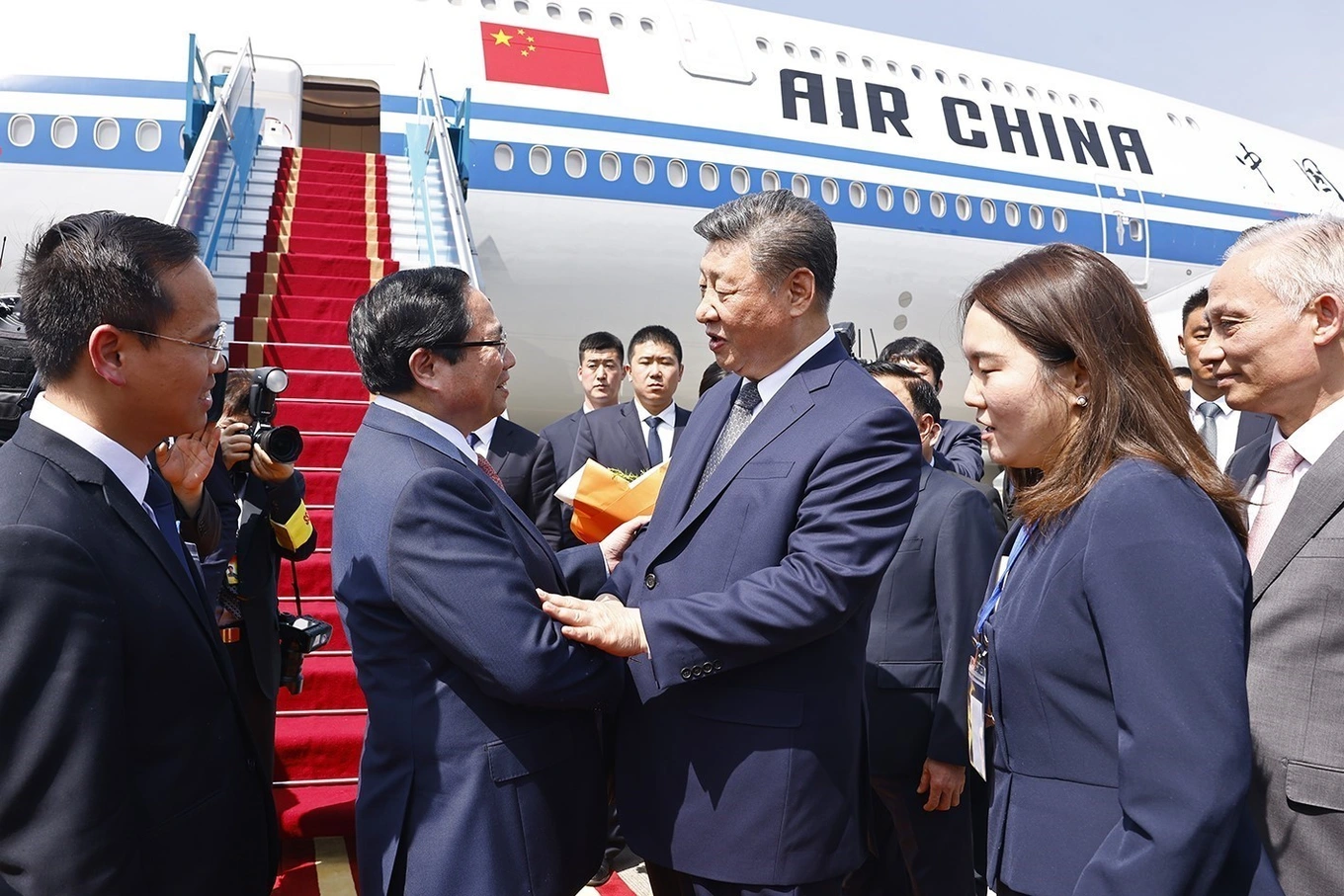
![[Photo] Welcoming ceremony for Prime Minister of the Federal Democratic Republic of Ethiopia Abiy Ahmed Ali and his wife](https://vstatic.vietnam.vn/vietnam/resource/IMAGE/2025/4/15/77c08dcbe52c42e2ac01c322fe86e78b)
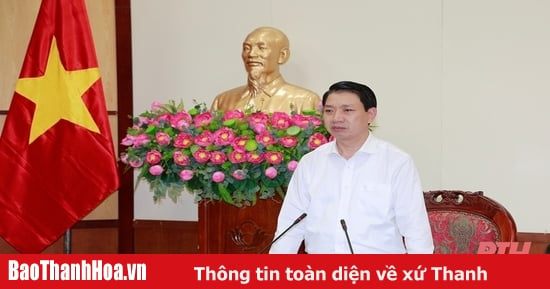

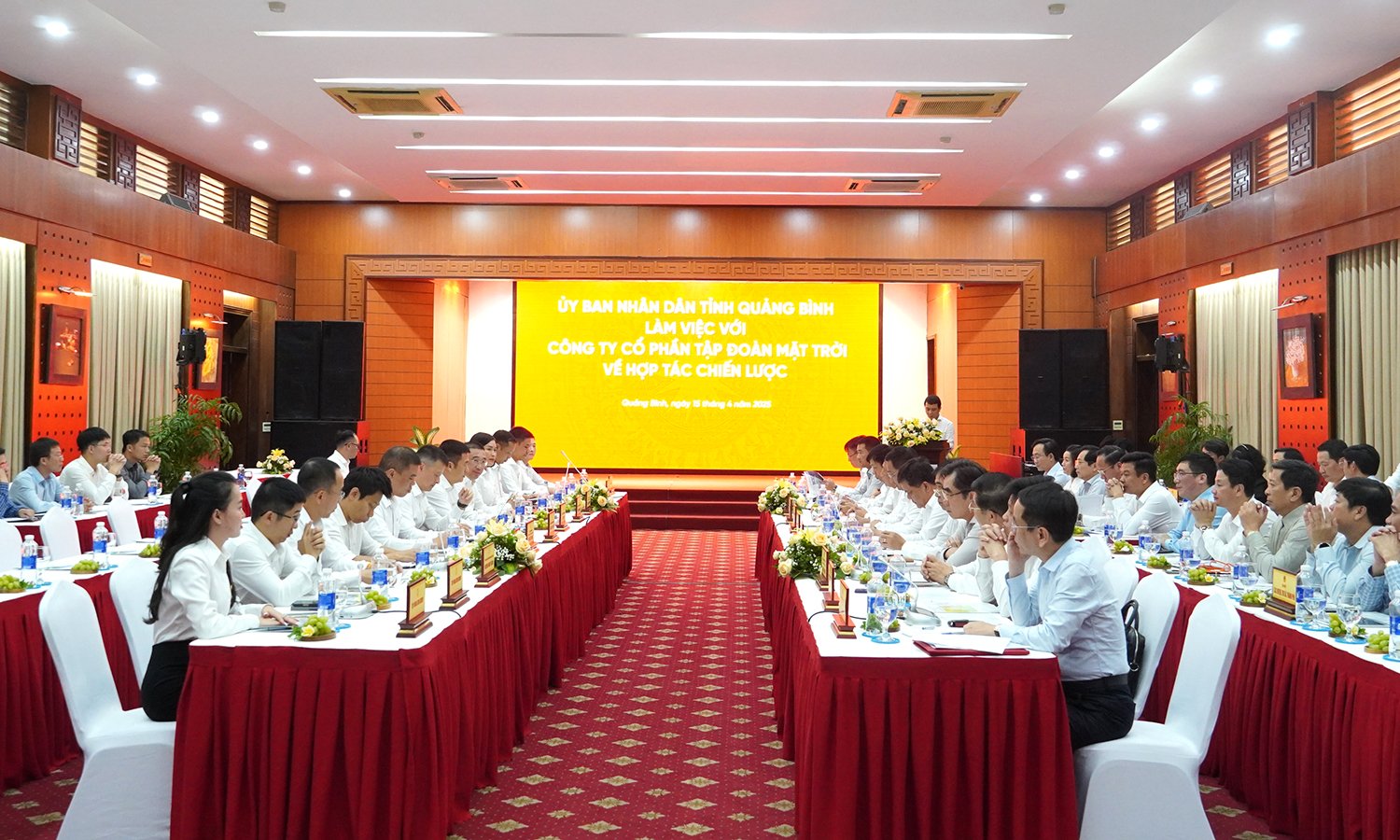
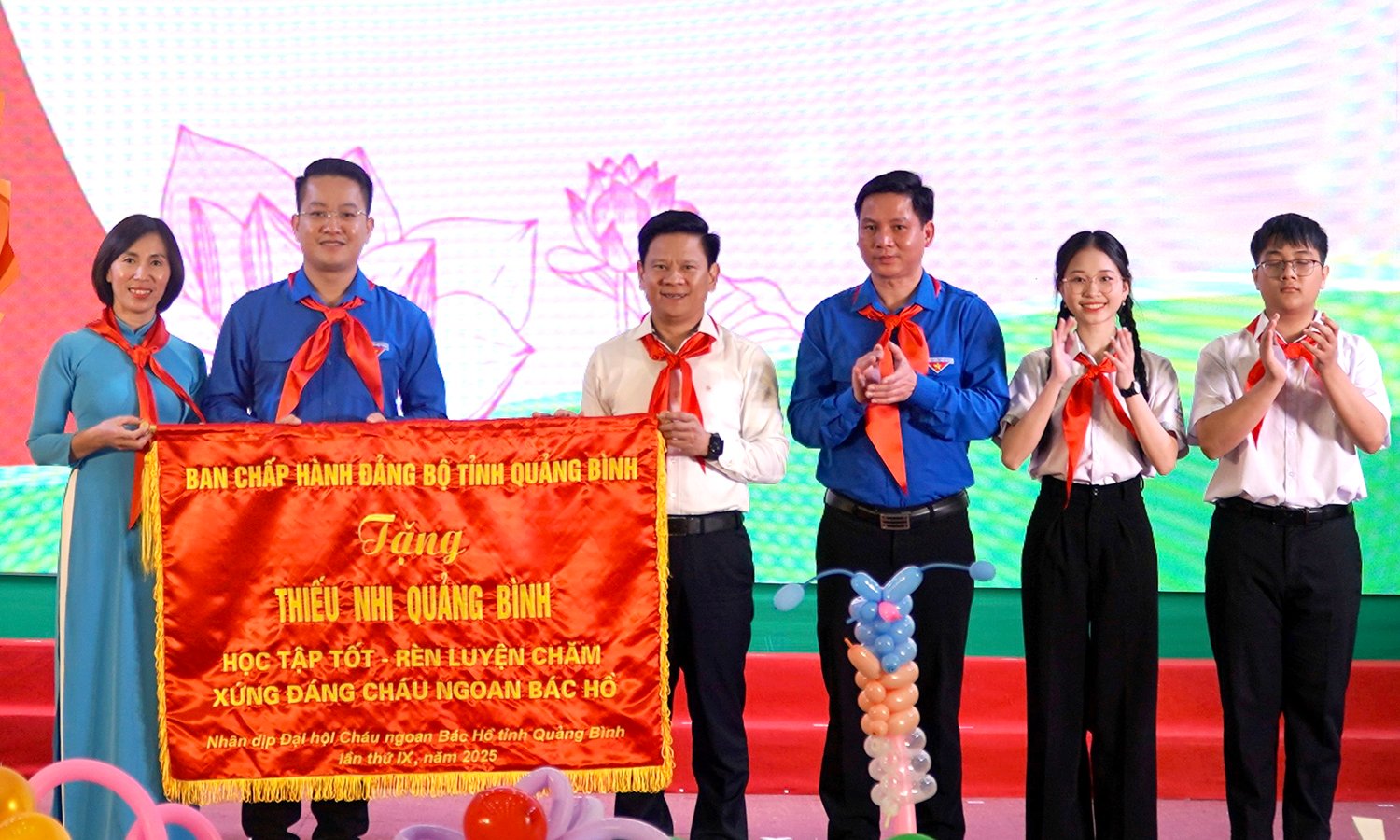
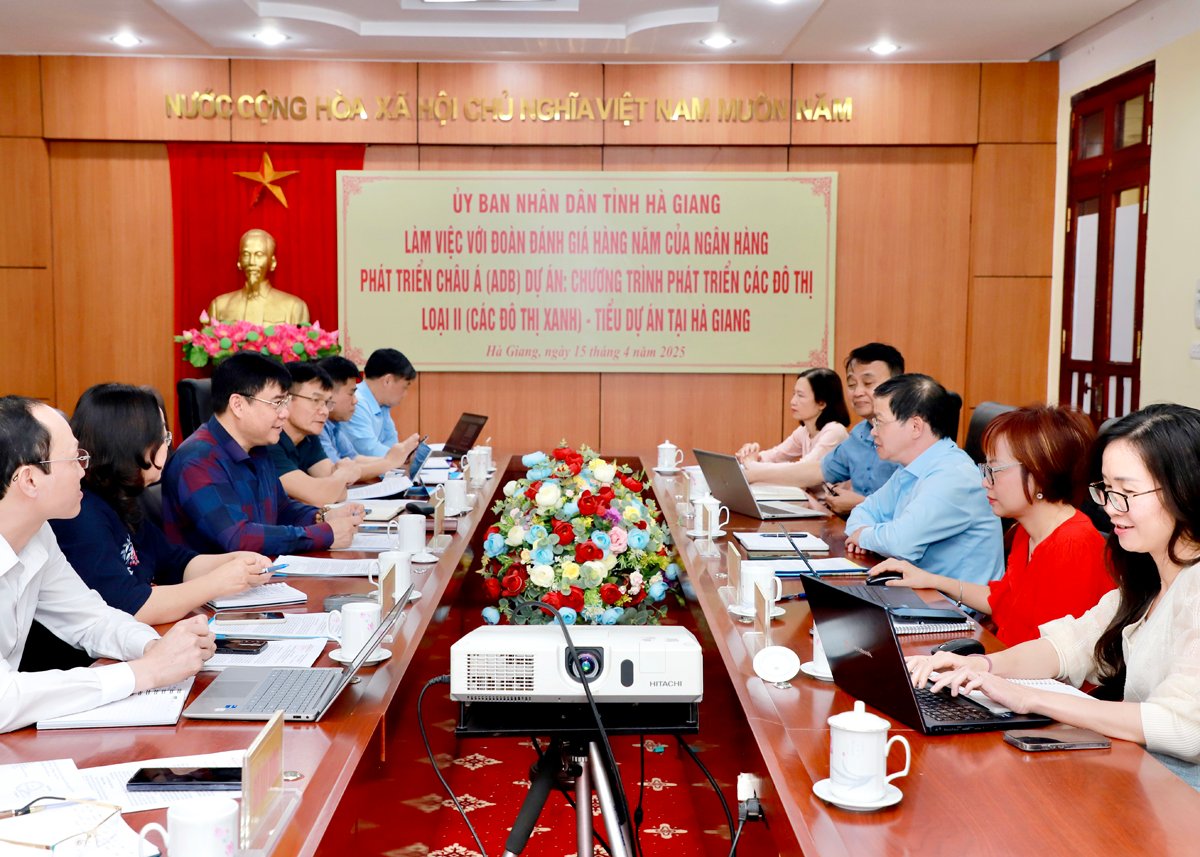

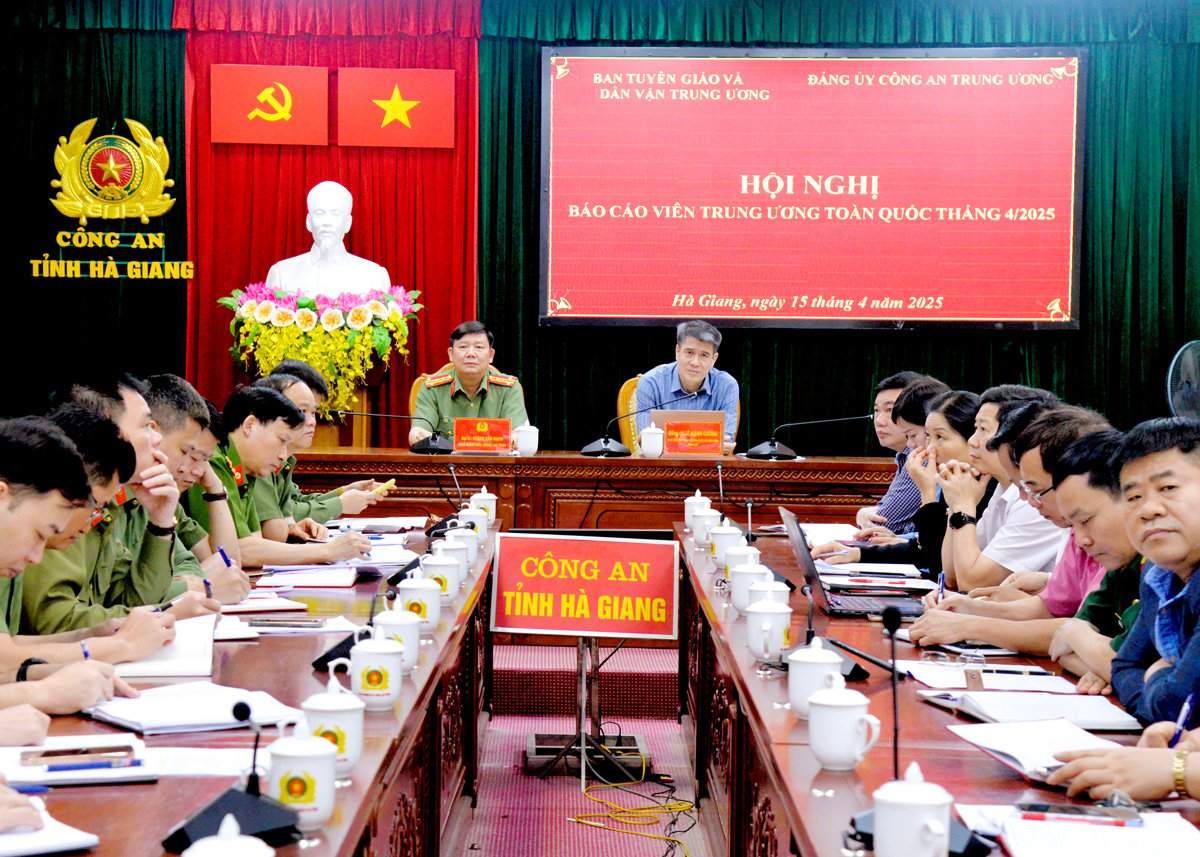

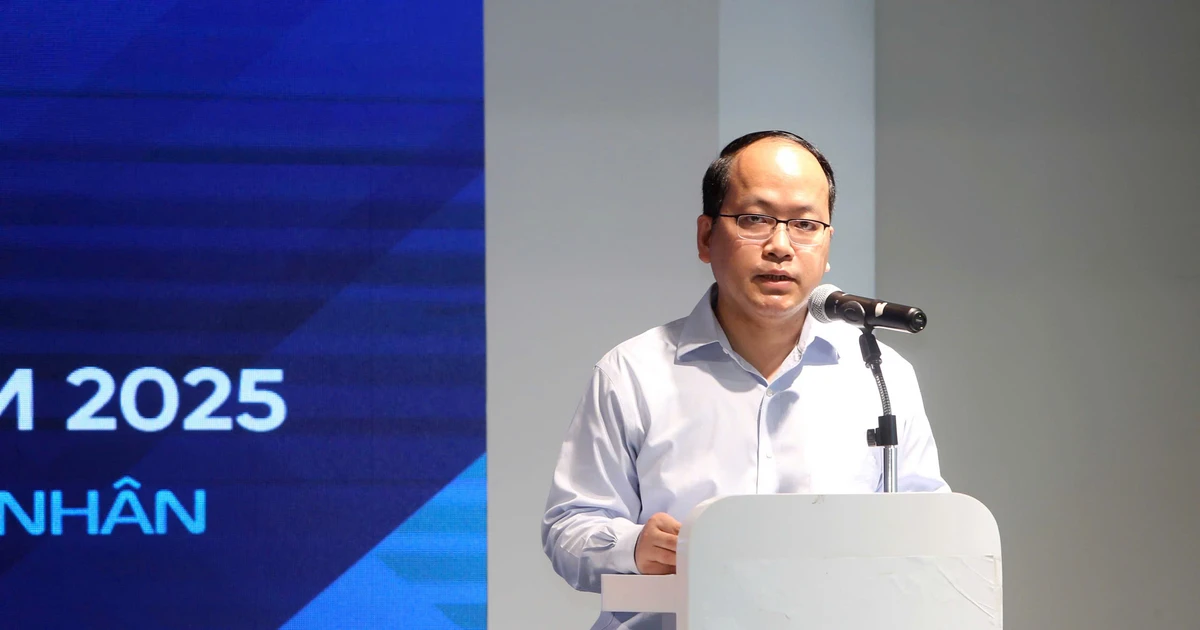
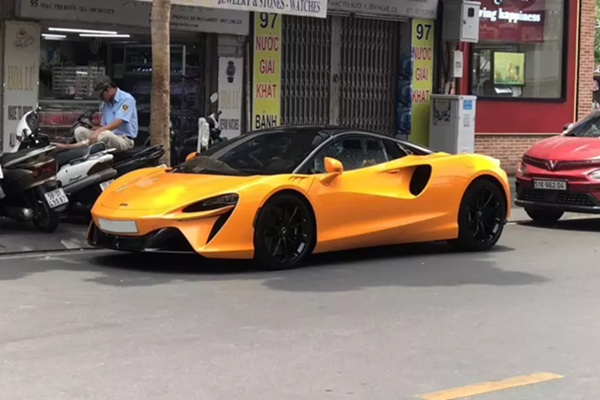







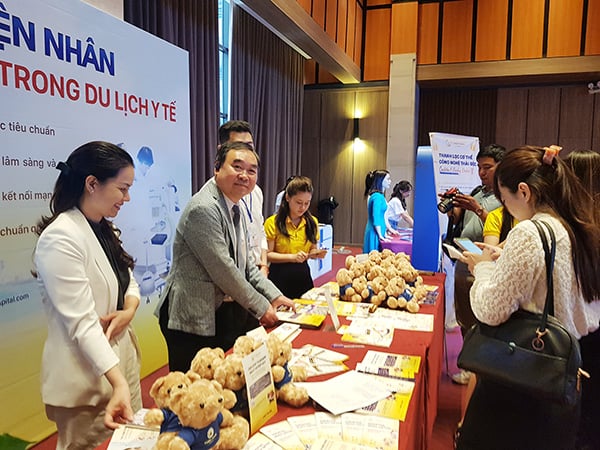
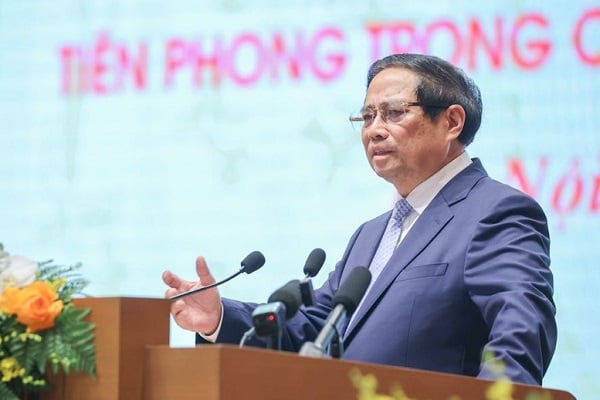




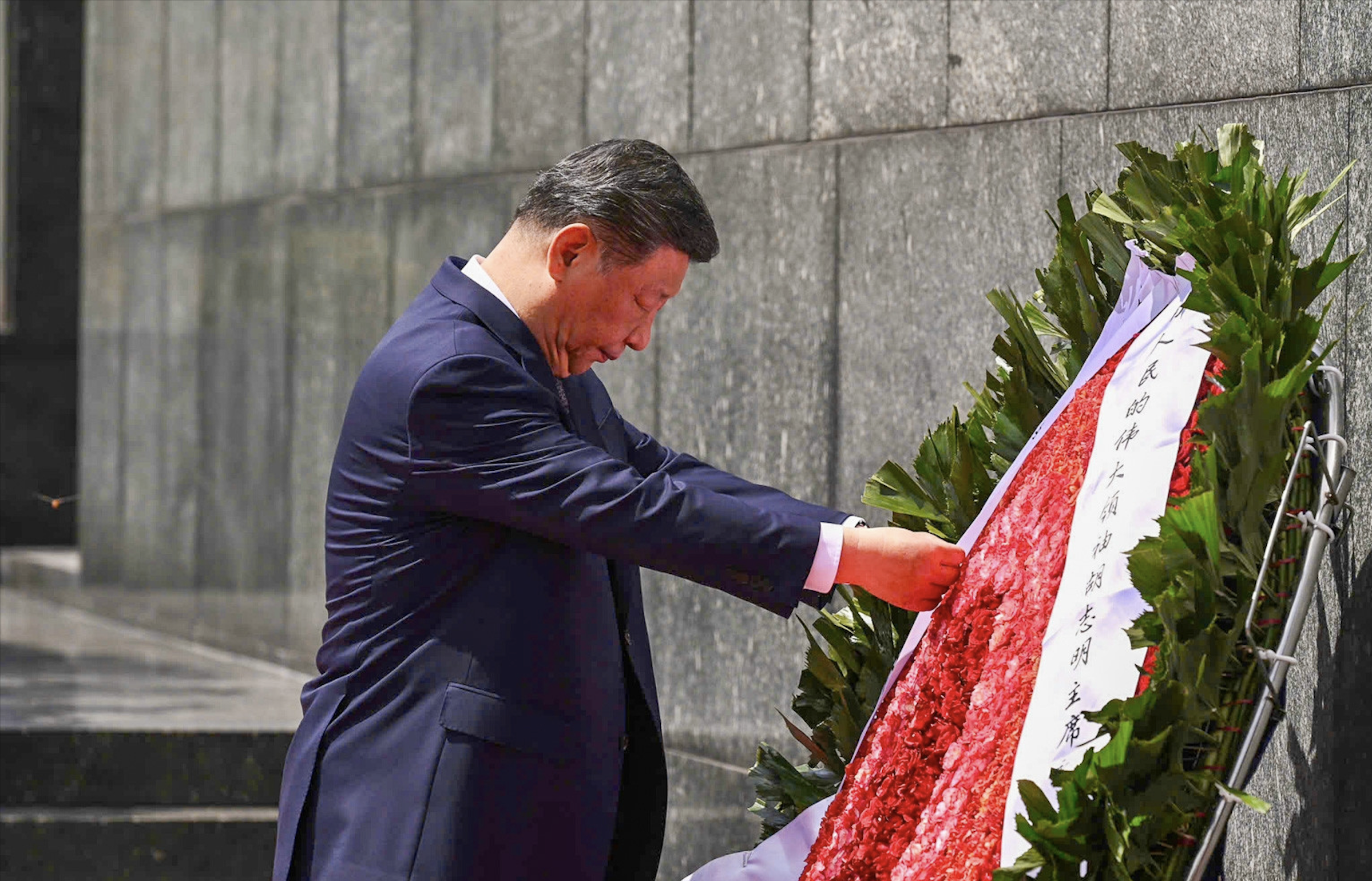





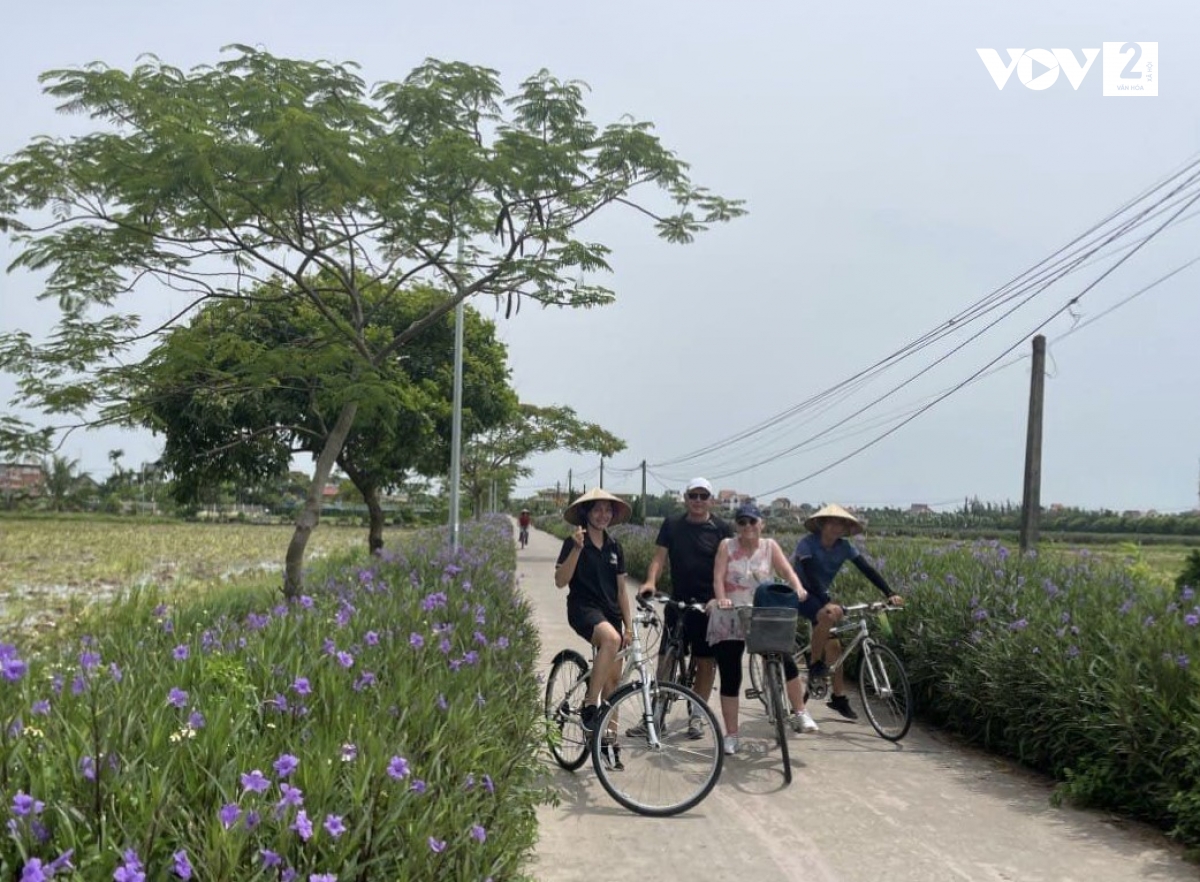

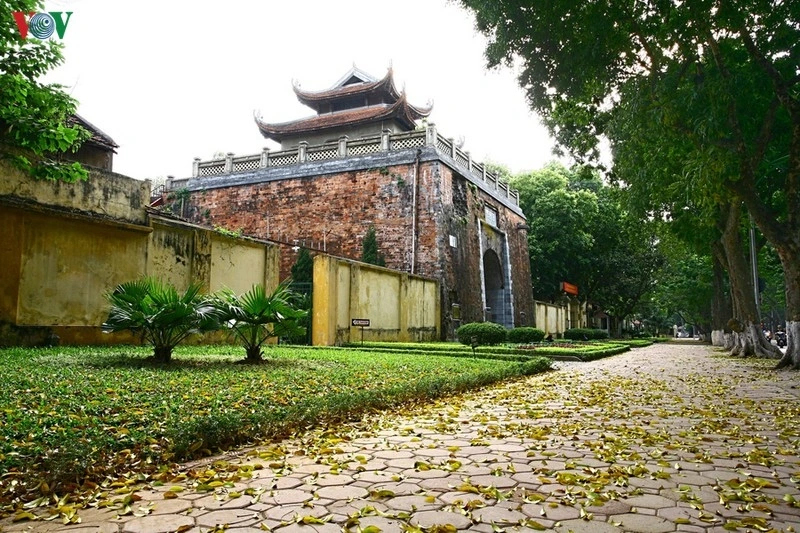
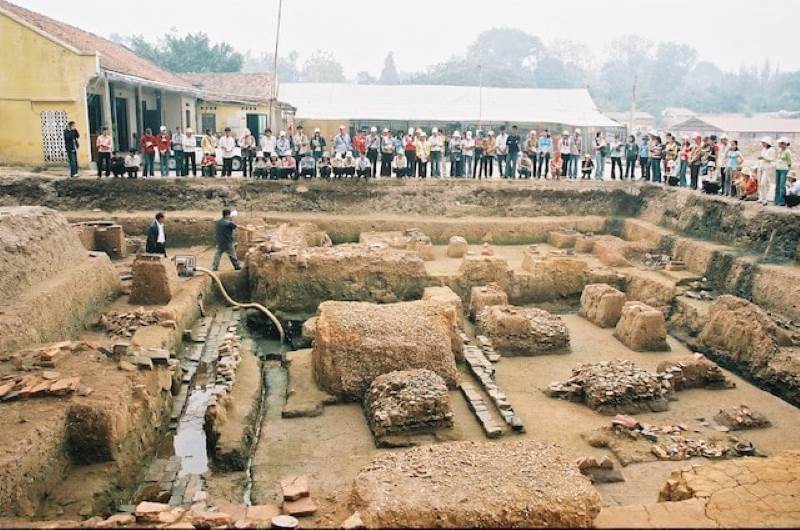

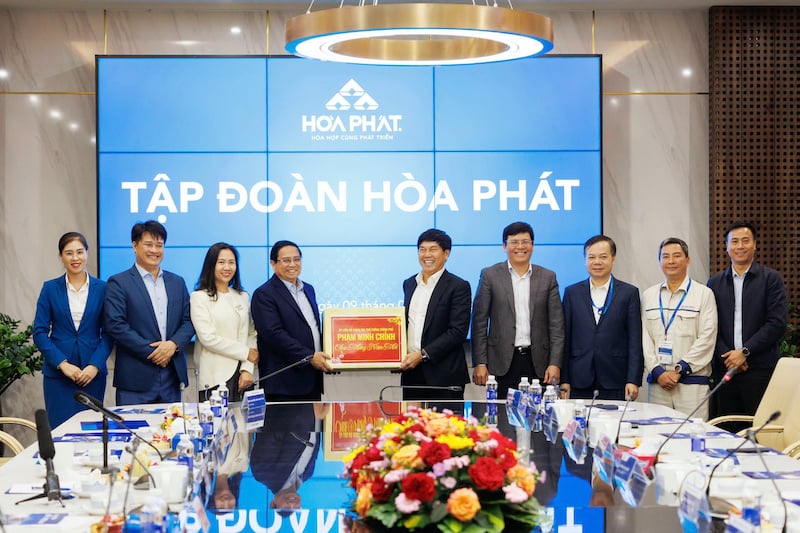

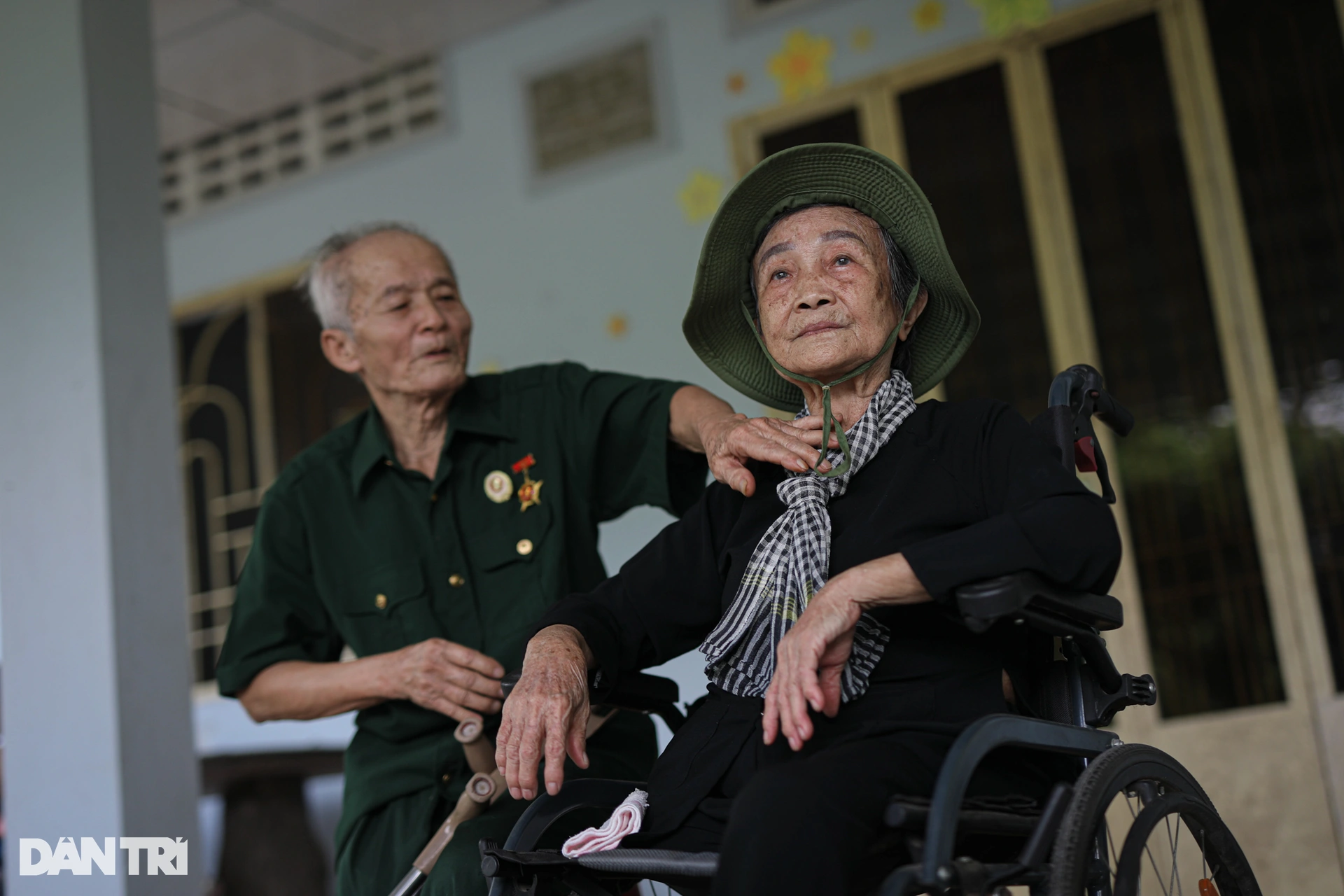

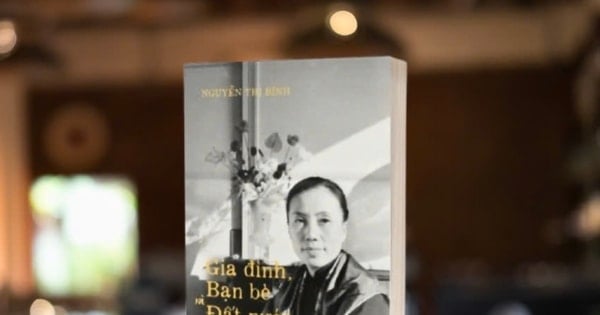

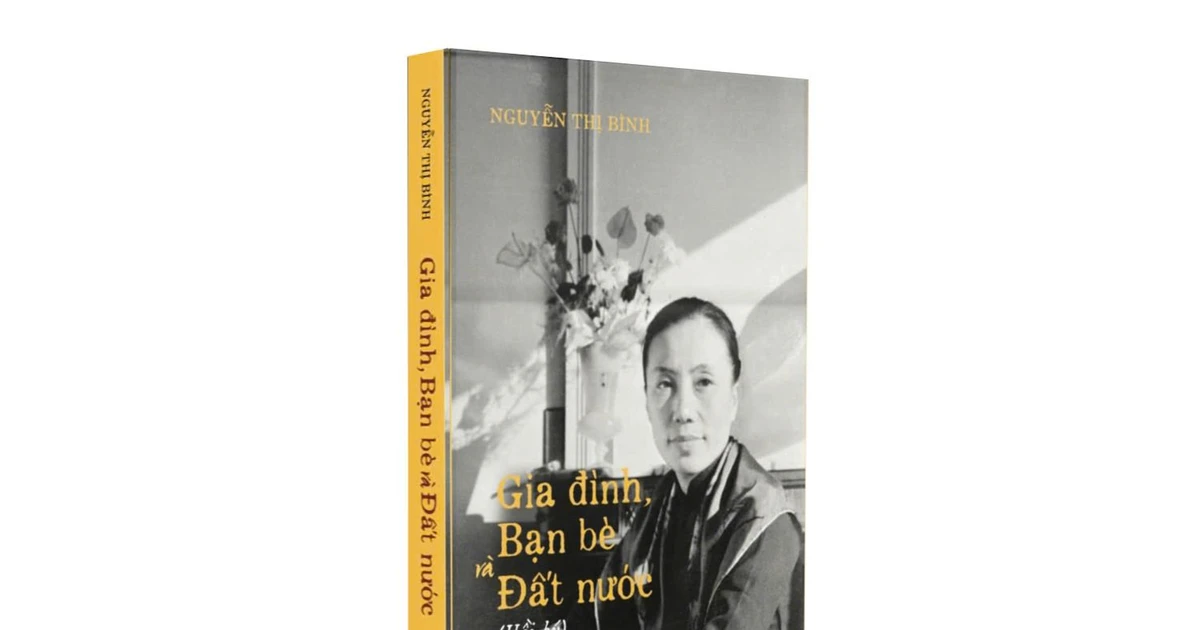
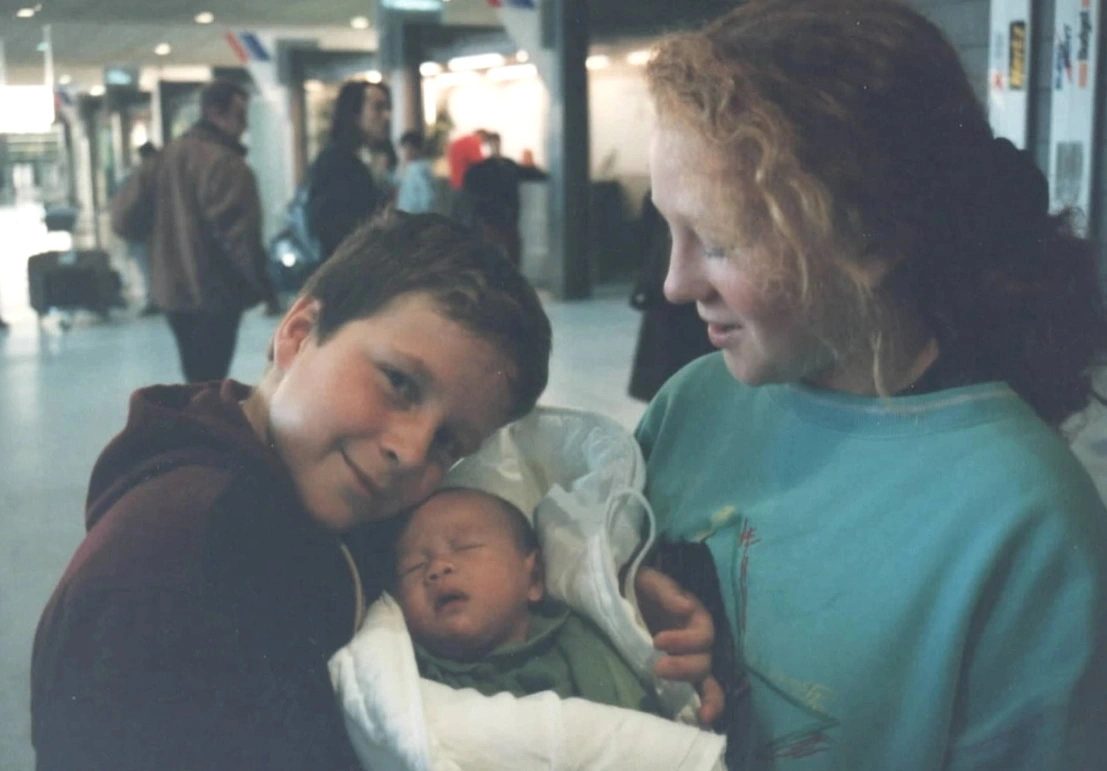





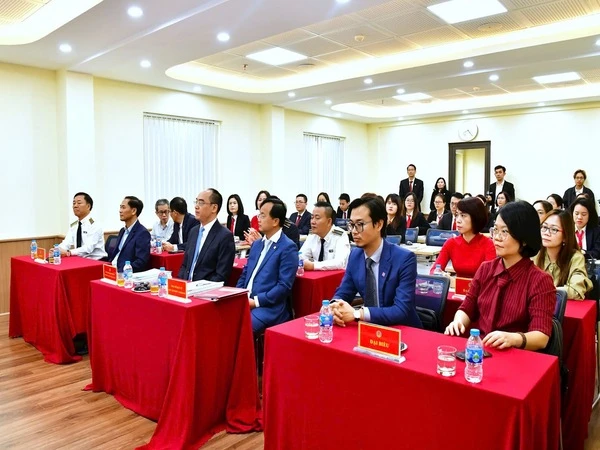
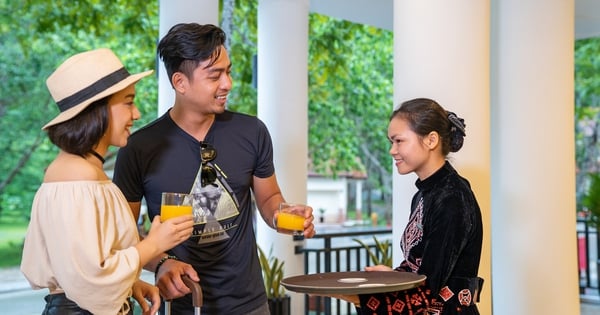


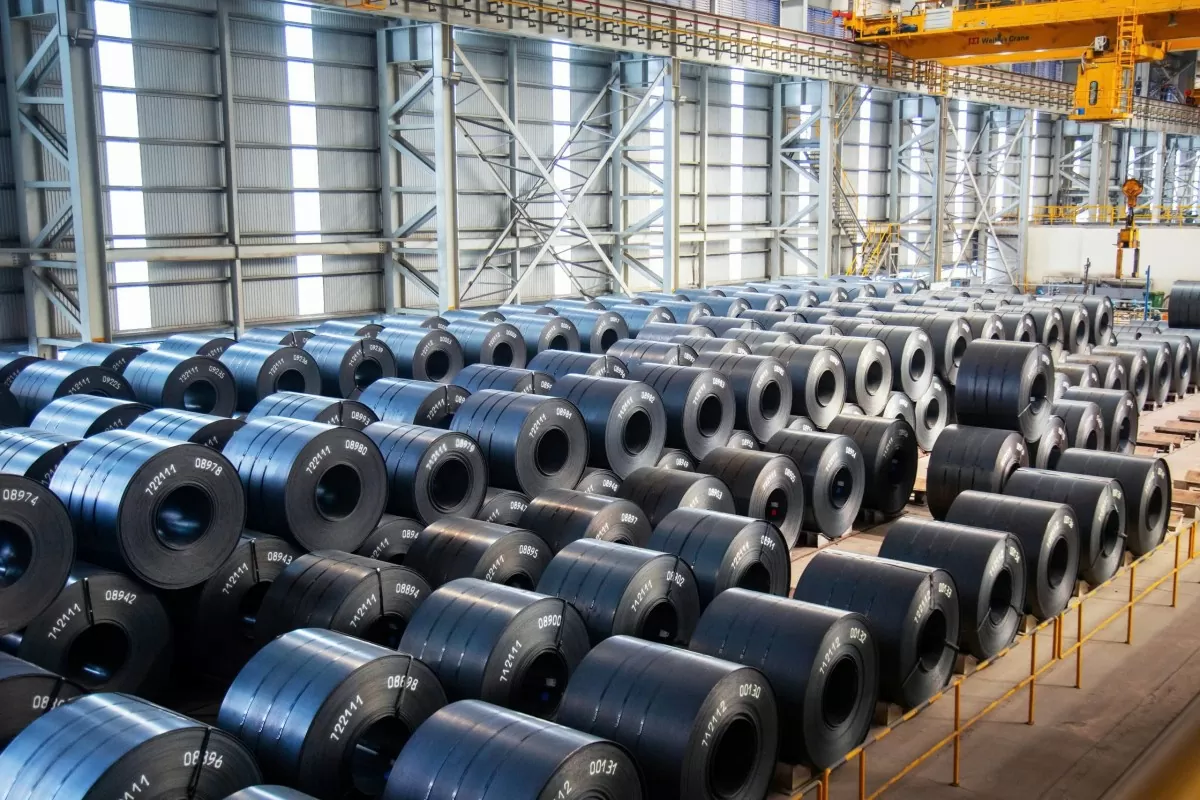







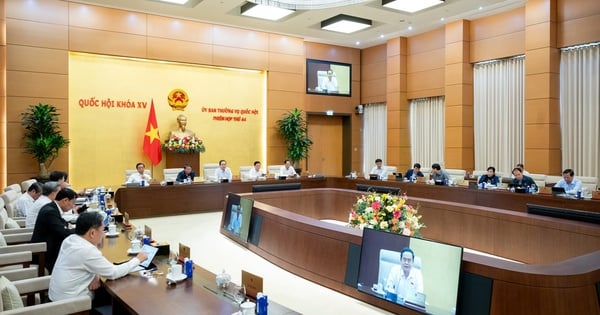

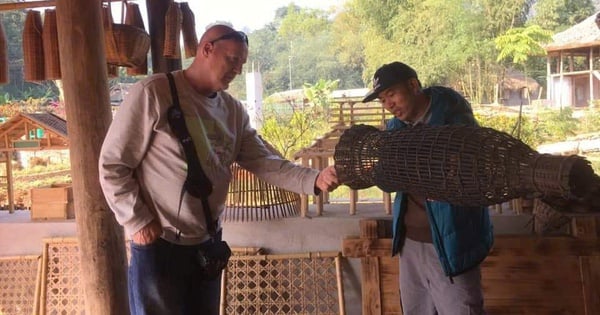

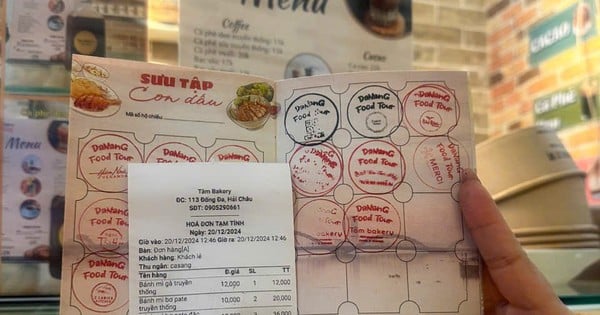
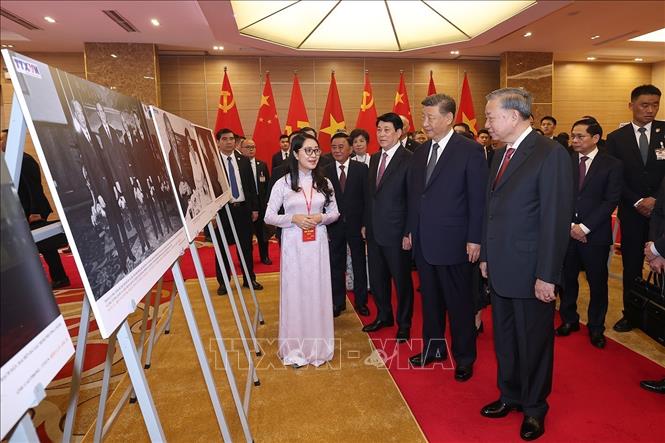

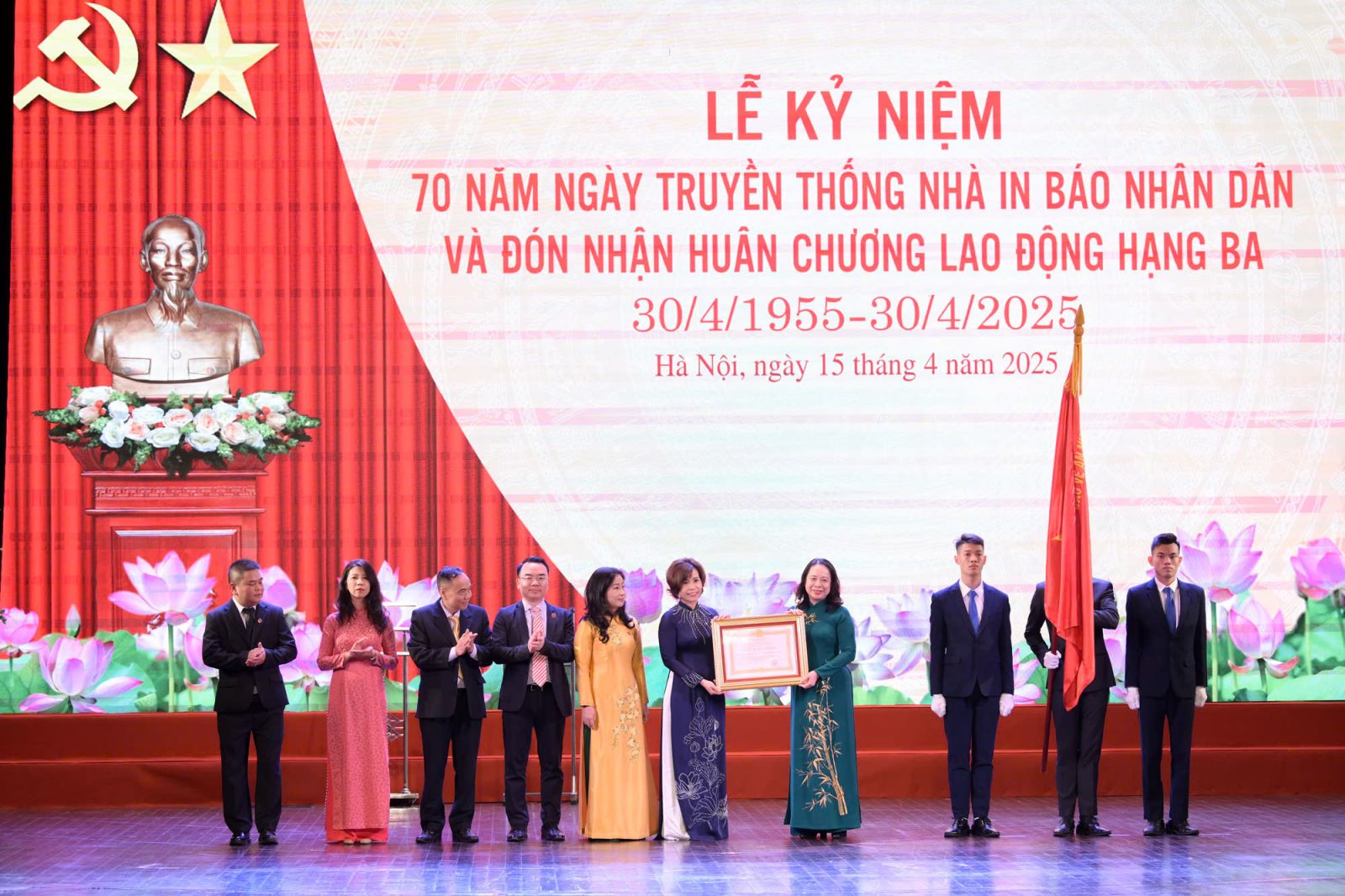
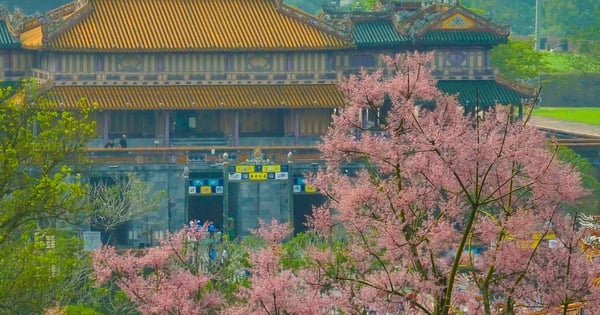





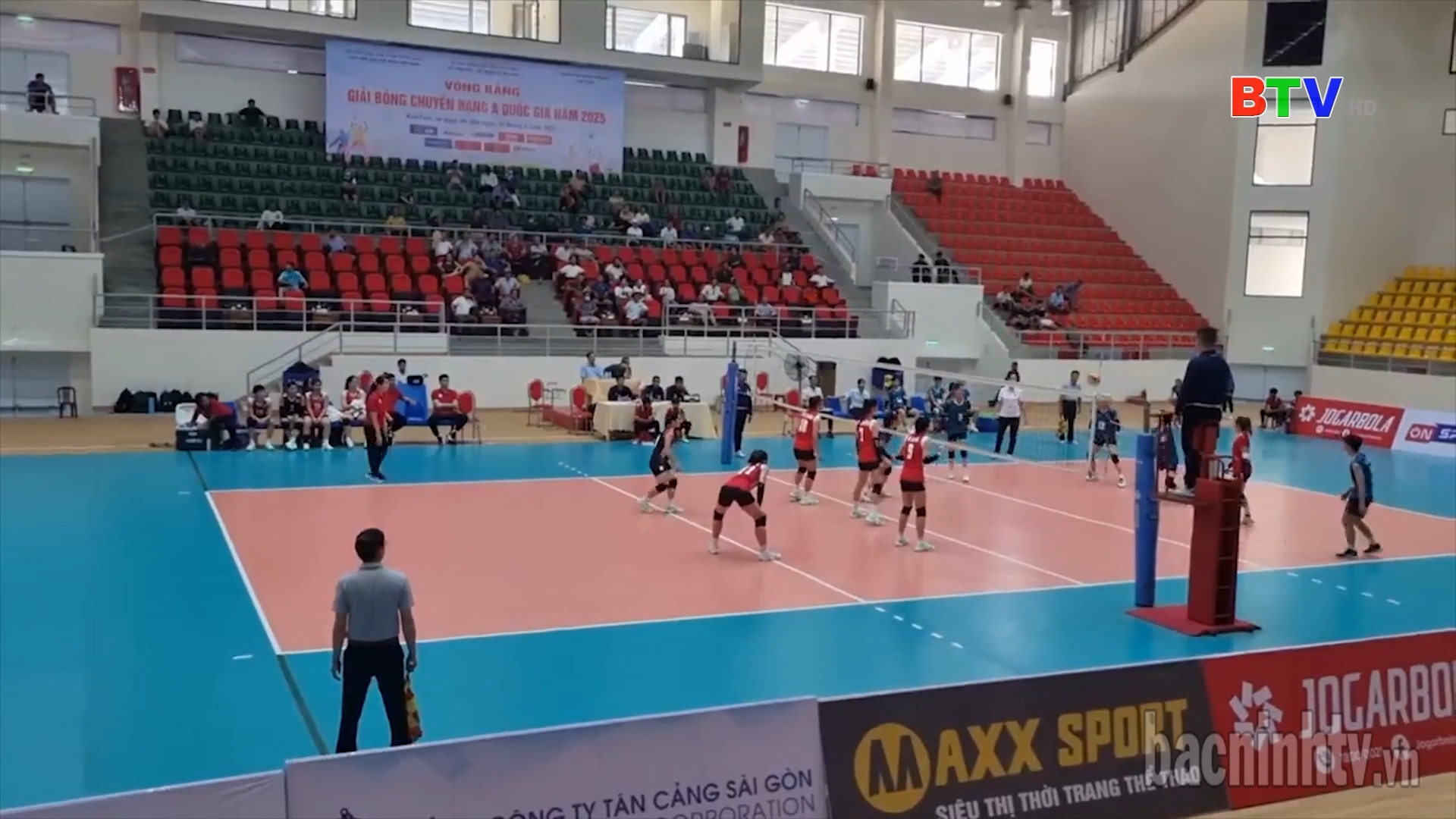
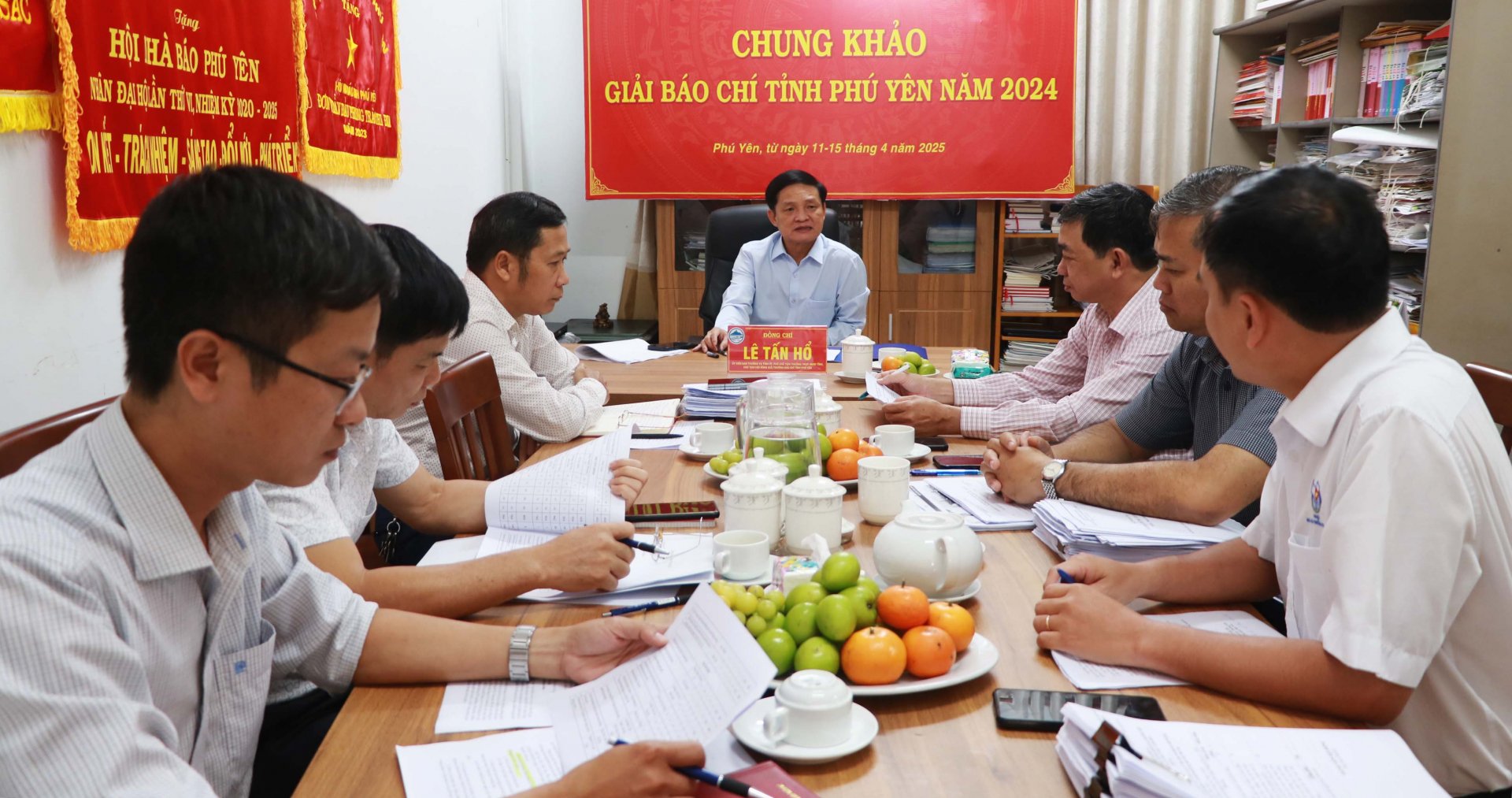

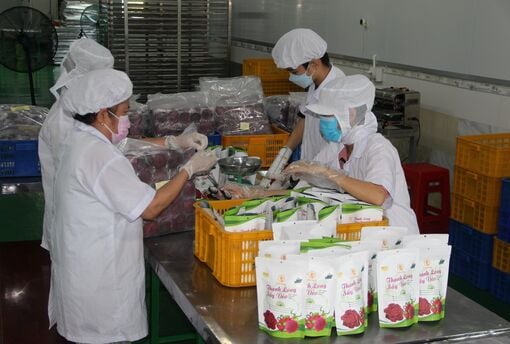

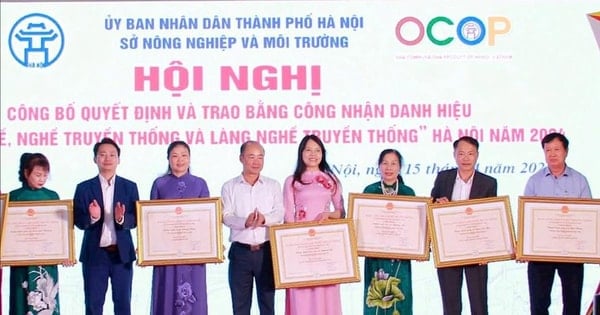


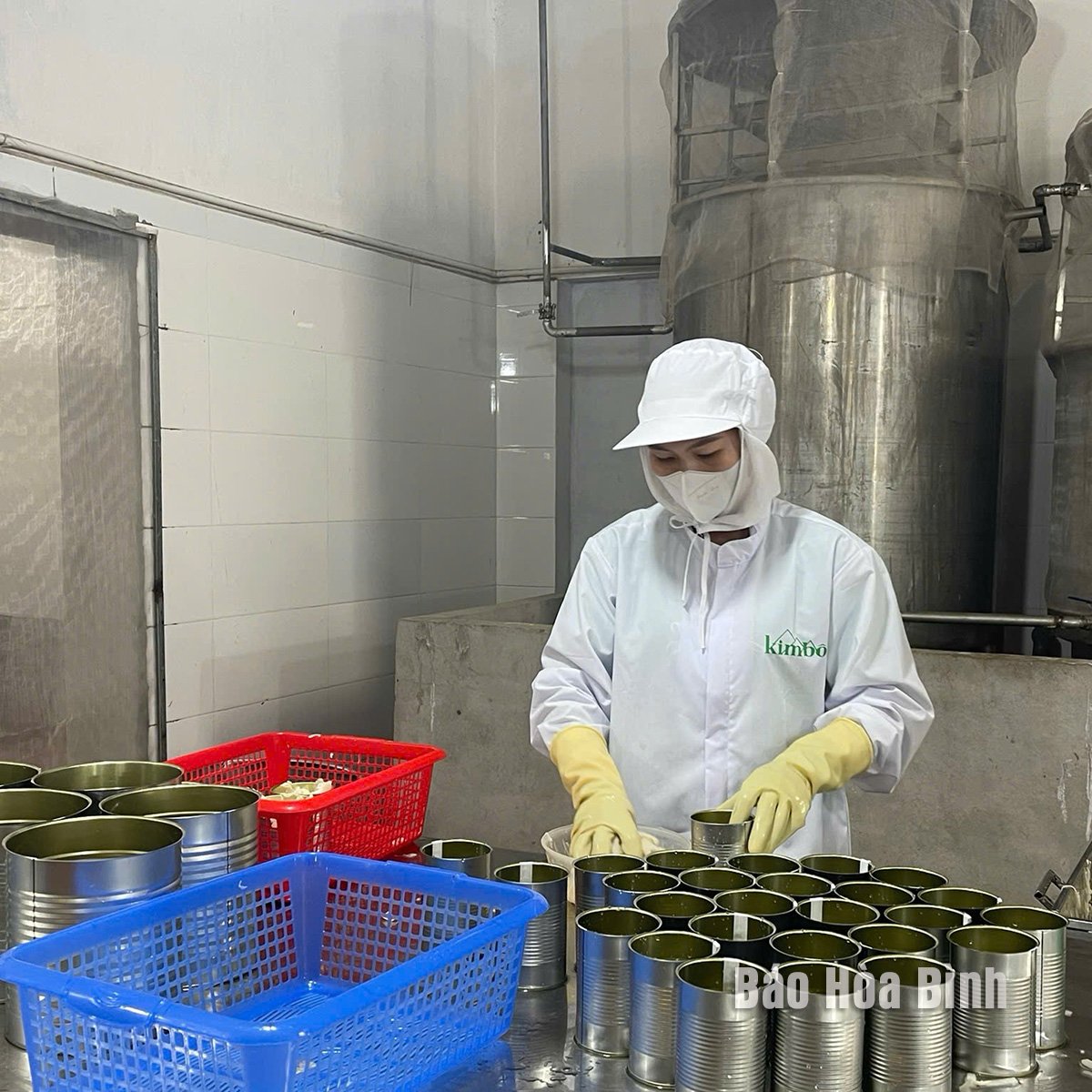

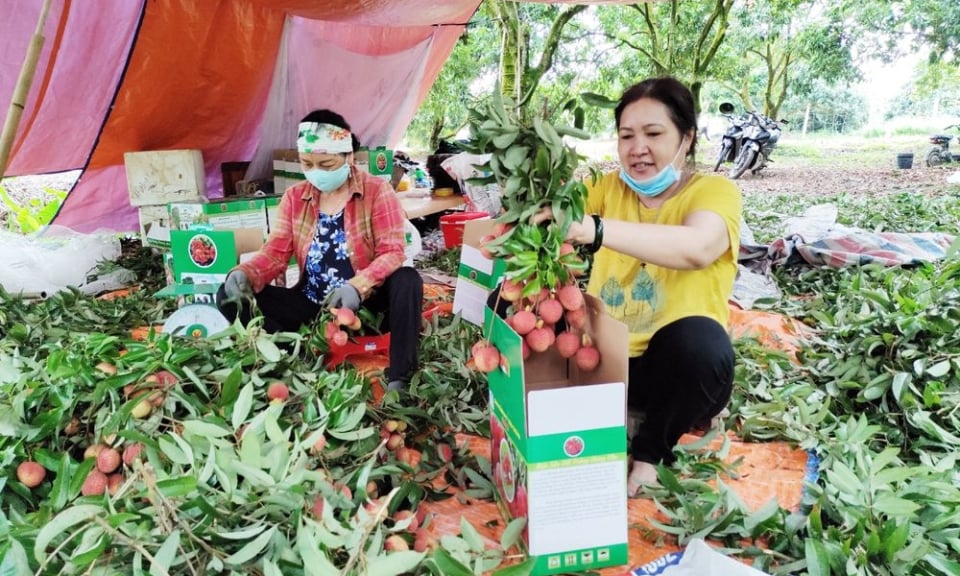

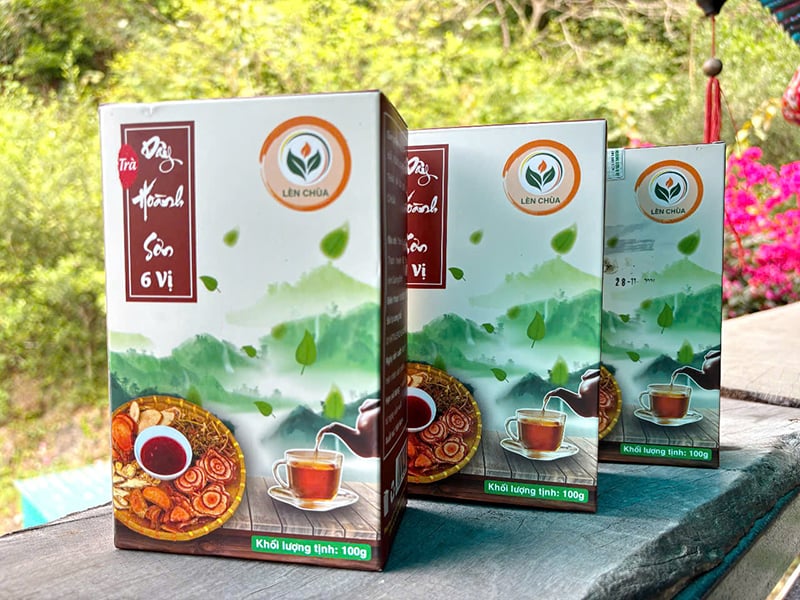
Comment (0)